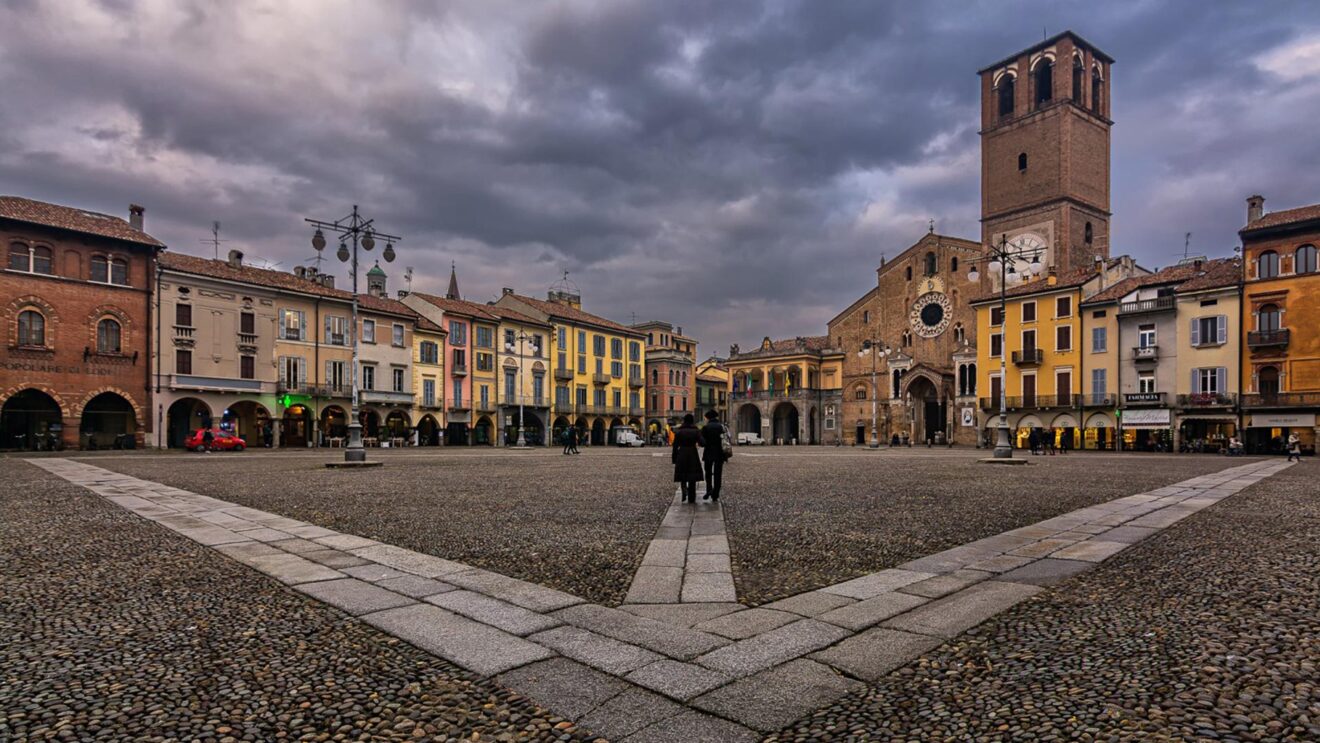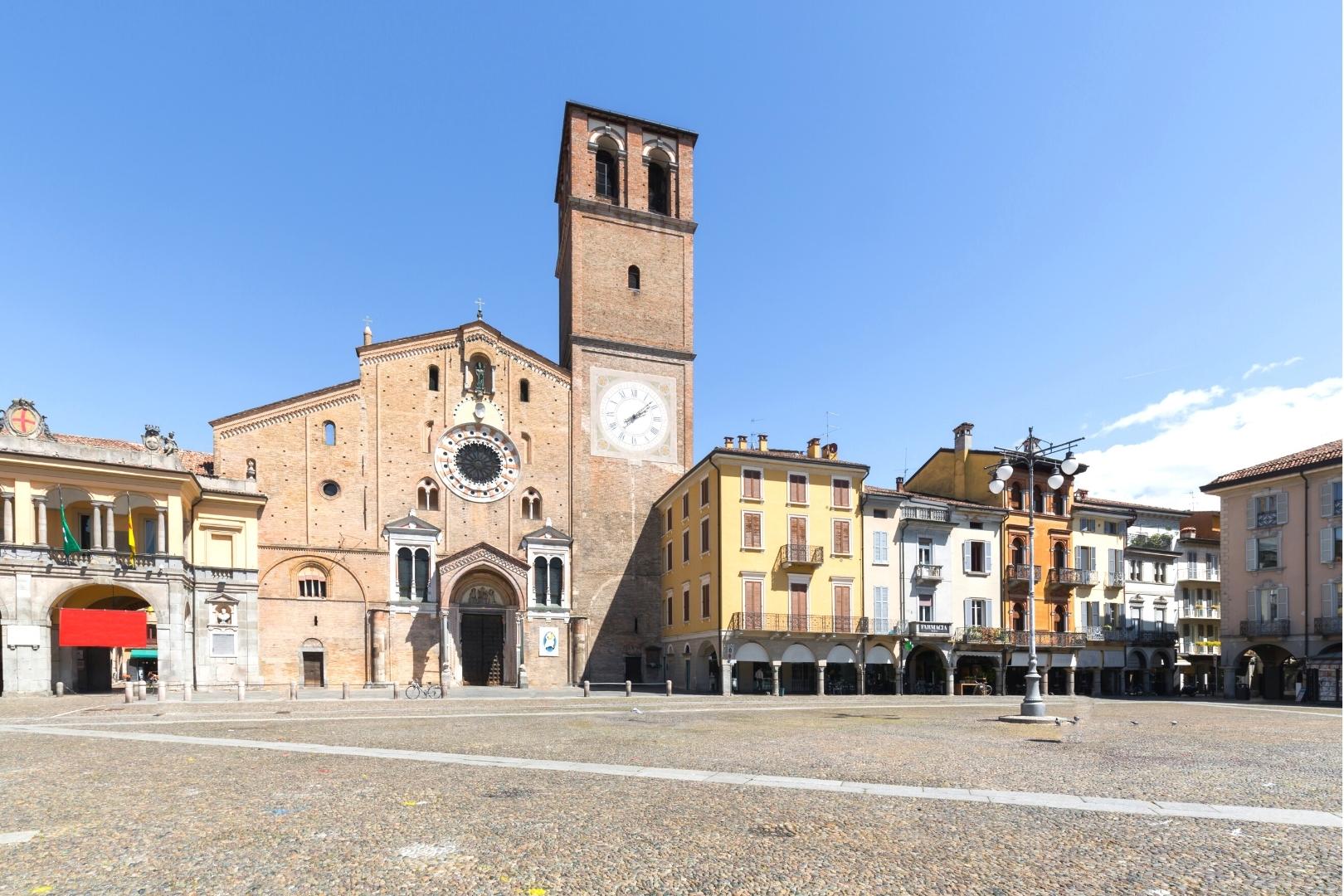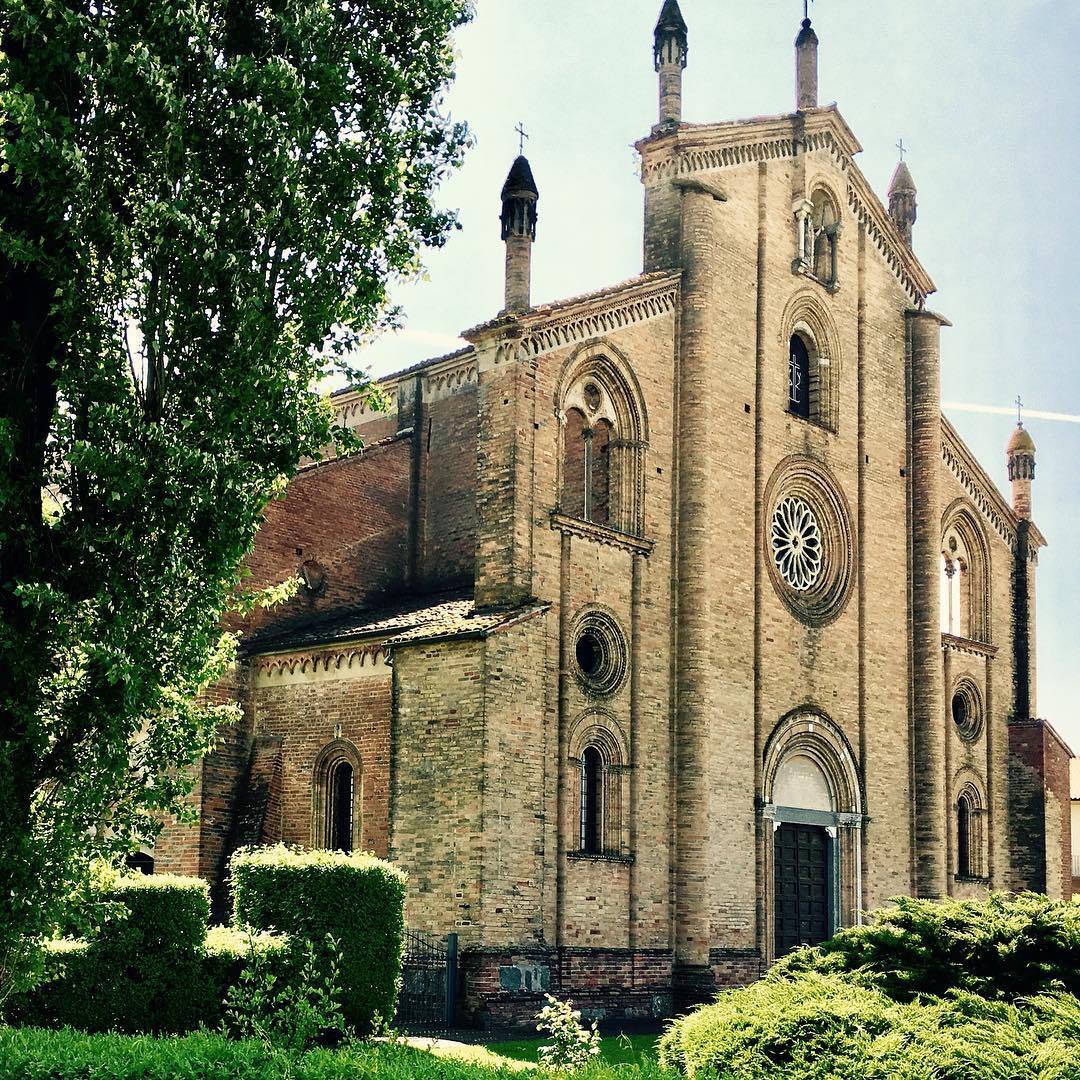Lodi Italian Club - Community Connections
Have you ever considered how a place like Lodi, with its deep roots and busy community life, seems to just naturally bring people together? It's really quite something, how a town, first known as Mokelumne way back in 1869, grows and changes, yet keeps hold of what makes it special. We often think about the big things, like new buildings or city services, but sometimes it's the smaller, more personal groups that truly shape how folks feel about where they live. So, it's almost, the heart of a place beats in its local gatherings.
Thinking about Lodi, you know, with its long history, going all the way back to when it first started, it’s clear that people have always found ways to connect. From the very beginning, when the Lodi Mission Arch, a rather grand entrance, was put up in 1907, just after Lodi became an official city, there has been a sense of wanting to create shared spaces and common ground. This desire for connection, you see, is something that truly runs through the community's story, very much like how the city now offers webcasts of its council meetings, making sure everyone can feel a part of things, in a way.
When we look at Lodi today, with all its happenings, from the summer farm-to-fork sessions at the library to the ongoing work of Caltrans tidying up the highways, it's clear there's a lot going on. There are so many moving parts, like the engineering staff checking intersections for red curb areas, or the electric utility serving thousands of homes. But beyond these practical matters, it’s groups that gather around shared interests or heritage that often give a town its unique flavor. A place like the Lodi Italian Club, for example, could be a wonderful example of this, offering a warm spot for people to come together, sort of, and share a common background.
Table of Contents
- What Makes Lodi's Community Spirit Special?
- How Do Local Gatherings Shape Lodi Life?
- What Role Do Community Groups Play in Lodi's Growth?
- Looking Ahead: What Does the Future Hold for Lodi's Cultural Fabric?
What Makes Lodi's Community Spirit Special?
Lodi has a way of holding onto its past while looking toward what's next, and that's really quite special. You see, the city's story, from its start as Mokelumne in 1869, shows a place that has always valued bringing people together. This spirit is visible in many ways, like the way city services are set up, or how they work to keep public spaces pleasant. It's not just about rules or buildings; it's about the feeling of being part of something larger. This sense of shared purpose, you know, is a very strong thread running through everything that happens in Lodi, from the big community events to the daily operations of local services, so it's quite clear.
Consider, for instance, the city's care for its many parks. Lodi, you might be surprised to hear, looks after a rather large park system, covering 367 acres and including 28 different parks. These spots offer a lot for everyone, with places for kids to play, shelters for picnics, and fields and courts for sports. These public areas are, in a way, like big open invitations for people to gather, to enjoy the fresh air, and to spend time with others. They show how much Lodi values spaces where people can simply be together, enjoying the simple things in life, which is a big part of what makes the community what it is.
The city's history, too, tells a story of people coming together to build something lasting. The Lodi Mission Arch, for example, was put up in 1907, just a year after the city officially became a city. It was meant to be a welcoming entrance, a symbol of the town's pride and its desire to make a good first impression. This kind of shared effort, to create something for the whole community, shows a deep-seated wish for connection and belonging. It's a bit like how people come together to support local causes or celebrate traditions, which is something you see often in Lodi, actually.
- Bomb Iran Vince Vance
- Net Worth Of Jojo Siwa
- %D9%83%D9%85 %D8%A7%D9%84%D9%85%D8%B3%D8%A7%D9%81%D8%A9 %D8%A8%D9%8A%D9%86 %D8%A7%D9%8A%D8%B1%D8%A7%D9%86 %D9%88%D8%A7%D8%B3%D8%B1%D8%A7%D8%A6%D9%8A%D9%84
- Squirrel Girl Summer Skin Glitch
- Aishah Sofey Only Leak
The Roots of Community in Lodi Italian Club Traditions
When we think about the history of Lodi, and how it grew from a small settlement into the place it is today, it's easy to see how groups with shared backgrounds would have naturally formed. Imagine early settlers, perhaps from different parts of the world, coming to this new place and wanting to keep their customs alive. A Lodi Italian Club, in this setting, would have been a natural gathering spot, a place where folks could speak their language, share their food, and celebrate their heritage. It's really quite important, this idea of cultural groups helping to shape the very fabric of a community, giving it a richer, more varied feel, you know.
These kinds of clubs often become central to a community's social life, providing a sense of comfort and familiarity in a new land. They might have hosted dinners, put on plays, or simply offered a place for people to meet and chat. The very act of coming together, of sharing stories and traditions, helps to build strong bonds between people. It’s a bit like how the city now makes an effort to keep its residents informed through webcasts of council meetings, or how it encourages engagement through its new LodiConnect system for services. These are all ways, in some respects, of fostering connection, just in different forms.
The presence of such a club, say a Lodi Italian Club, would have added a distinct flavor to the town's early days and beyond. It would have been a place where traditions were passed down, where younger generations learned about their roots, and where the community could experience different cultural expressions. This kind of cultural exchange is, you know, a very important part of how a town develops its unique character. It adds layers of meaning and interest, making the place more vibrant and welcoming for everyone who lives there, or even just visits, basically.
How Do Local Gatherings Shape Lodi Life?
Lodi is a place where things are always happening, from specific events like the "Farm to Fork Summer Sessions" at the library in July 2025, to the ongoing work of maintaining the city's infrastructure. These activities, whether planned by the city or by local groups, play a big part in shaping daily life. They give people reasons to step out, to meet neighbors, and to feel connected to the place they call home. It's more or less about creating opportunities for shared experiences, which really helps to build a strong sense of belonging among residents, as a matter of fact.
Think about the way the city makes its council meetings available through live and archived webcasts on its website. This is a way of inviting everyone to be part of the civic conversation, even if they can't be there in person. It shows a desire to keep the community informed and involved. Similarly, when new systems like LodiConnect are introduced for accessing services, requiring customers to create new accounts, it's all part of making the city's operations more accessible and user-friendly. These efforts, you know, are about making it easier for people to engage with their community, which is quite important.
Beyond the formal city functions, there are countless informal gatherings and local events that truly make Lodi what it is. These might be small neighborhood get-togethers, school functions, or events organized by various community groups. Each of these occasions, no matter how big or small, adds to the overall feeling of community. They are the moments when people connect on a personal level, sharing laughter, stories, and common interests. It's these everyday interactions that really strengthen the social fabric of a place, making it feel like home, in a very real sense.
Celebrating Heritage with the Lodi Italian Club
A group like the Lodi Italian Club would naturally be a hub for celebrating heritage and cultural traditions. Imagine events filled with the aromas of traditional food, the sounds of music, and the lively chatter of people sharing stories from their past. These gatherings would not only be fun, but they would also serve a deeper purpose: keeping cultural practices alive and passing them down through generations. It's a way of honoring where people come from, and sharing that richness with the broader Lodi community, which is really quite lovely, you know.
Such a club could organize special events that tie into the city's larger calendar, perhaps participating in local festivals or even hosting their own public celebrations. This kind of involvement would bring a distinct flavor to Lodi's overall event landscape, offering residents new experiences and opportunities to learn about different cultures. It's a bit like how the city puts on its "Farm to Fork" sessions, bringing people together around food and local produce. A Lodi Italian Club could do something similar, but with a focus on its specific cultural contributions, you know, adding to the variety of things to do.
These celebrations of heritage are not just for those with direct ties to a particular culture; they are for everyone in the community. They offer a chance to experience something new, to try different foods, to listen to different music, and to simply enjoy the company of others. In a town with over 2,600 businesses and a busy daily rhythm, these moments of cultural sharing provide a welcome break and a chance to connect on a more personal level. It's a way, more or less, of making the community feel more diverse and welcoming to all, which is very important.
What Role Do Community Groups Play in Lodi's Growth?
Community groups, like those focused on shared heritage or interests, are a bit like the quiet engines that help a town grow and thrive. While the city government handles big things like infrastructure projects, such as Caltrans removing hundreds of cubic yards of debris from interstate 5 and state routes, or engineering staff evaluating intersections, these local groups work on a different, yet equally important, level. They build connections between people, create a sense of belonging, and often provide support networks that complement official services. It's really about strengthening the human side of a community, you know, making it a place where people feel truly at home.
Consider how Lodi manages its vast park system, with its 367 acres and 28 parks offering playgrounds, picnic shelters, and athletic fields. These are public spaces, maintained by the city, but it's often community groups that organize activities within them, bringing them to life. Without these groups, these spaces, while lovely, might not be used to their fullest potential. They are the ones who might put together a local sports league, or organize a community picnic, turning a public area into a lively hub of activity. This collaboration between city resources and community initiative is, in a way, what truly makes a place special, basically.
Furthermore, these groups often act as informal channels for feedback and communication within the community. They can bring local concerns to the attention of city officials, or help spread information about new city services, like the LodiConnect system. They are, in essence, a vital part of the communication network that keeps a town running smoothly. It's not just about the formal webcasts of city council meetings; it's also about the conversations happening in smaller groups, which then bubble up to influence broader decisions. This kind of organic interaction is, you know, very important for healthy local governance.
The Lodi Italian Club as a Pillar of Local Engagement
A Lodi Italian Club, as a gathering place for those with shared heritage, could certainly be seen as a strong pillar of local engagement. It would provide a consistent space for people to meet, to share common interests, and to support one another. This kind of steady presence helps to build lasting relationships within the community, creating a network of support that extends beyond the club itself. It’s about fostering a sense of family, in a way, among members, which then spills over into the wider Lodi community, making it a more connected place, truly.
Such a club could also play a role in civic life, perhaps by encouraging its members to participate in local events, or to get involved in city discussions. Just as the city works to make information accessible through its website and webcasts, a club can help its members understand and engage with these resources. They might organize group visits to city council meetings, or host discussions about local issues, helping to make sure that their members' voices are heard. This active participation, you know, is a really important part of what makes a community strong and responsive, very much so.
Beyond just social gatherings, a Lodi Italian Club might also contribute to the local economy. It could support local businesses by holding events at their establishments, or by encouraging members to shop locally. With Lodi having over 2,600 businesses, there are plenty of opportunities for such partnerships. This kind of mutual support, where community groups and local businesses work together, helps to keep resources within the town, strengthening the overall economic health of the area. It’s a bit like how the Lodi Electric Utility provides services to thousands of accounts, helping the city function, but on a more personal, localized level, essentially.
Looking Ahead: What Does the Future Hold for Lodi's Cultural Fabric?
As Lodi continues to grow and change, with new challenges like addressing changes made by AB 413, and ongoing efforts to improve city services through platforms like LodiConnect, the question of how its cultural fabric will evolve becomes quite interesting. The city has a rich history, going back to its founding in 1869, and that history is made up of many different threads. The future will likely see new traditions emerge, but also a continued appreciation for the ones that have been passed down. It's a very dynamic process, you know, this weaving of past and present to create what's next for the community.
The role of community groups in this ongoing story is, frankly, very important. They are the keepers of many of these cultural threads, ensuring that traditions are remembered and celebrated. As Lodi becomes home to more people, these groups can help new residents feel welcome and connected, introducing them to the unique spirit of the town. It’s about creating a sense of continuity, while also being open to new influences and ideas. This balance, you see, is what helps a community stay vibrant and interesting over time, making sure it doesn't lose its special character.
The city's commitment to things like its park system, which provides spaces for everyone, or its efforts to make city information widely available, shows a desire to foster a connected community. This foundation is crucial for cultural groups to thrive. When people feel supported by their city, and have places to gather, they are more likely to form and maintain groups that enrich the lives of everyone around them. It's a kind of partnership, you know, between the official city structures and the informal networks of people, working together to build a truly great place to live, actually.
Sustaining Connections Through the Lodi Italian Club
A Lodi Italian Club, in this forward-looking context, would play a key role in sustaining cultural connections for generations to come. It would be a place where the stories of ancestors are told, where traditional recipes are shared, and where the language might still be spoken, even if only by a few. This kind of preservation is not about staying stuck in the past; it's about drawing strength and identity from it, and using that to enrich the present and future. It's a very important way of making sure that Lodi's cultural diversity remains a source of pride and interest, for everyone, you know.
Moreover, such a club could serve as a bridge between different parts of the Lodi community. By inviting non-members to their events, or by collaborating with other cultural groups, they could help foster a greater sense of mutual understanding and appreciation. This kind of outreach is vital for a town with a diverse population, where learning about each other's backgrounds helps to build a more cohesive and welcoming environment. It’s a bit like how the city works to keep its various services running smoothly, ensuring that all parts of the community are looked after, but on a more personal, social level, basically.
Ultimately, the continued presence and activity of a Lodi Italian Club, and groups like it, helps to ensure that Lodi's story remains rich and multifaceted. They add layers of history, tradition, and personal connection that go beyond what official city records can capture. These groups are the living, breathing heart of a community's culture, ensuring that the unique flavors and stories of its people continue to be celebrated and shared for many years to come. It's a very important part of what makes Lodi, well, Lodi, you know, truly special.
- Mysterious Skin Bathroom
- Ralph Macchio Net Worth
- Slang Eiffel Tower
- Moderno Sombreados Cortes De Cabello Hombres
- Daisys Destruction

Cosa vedere a Lodi: attrazioni, monumenti e attività | Viaggiamo

Lodi (Lauden) | Reiseführer & Tipps | Italien Entdecken

Cosa fare e vedere a Lodi. Guida alla città e dintorni | Artribune